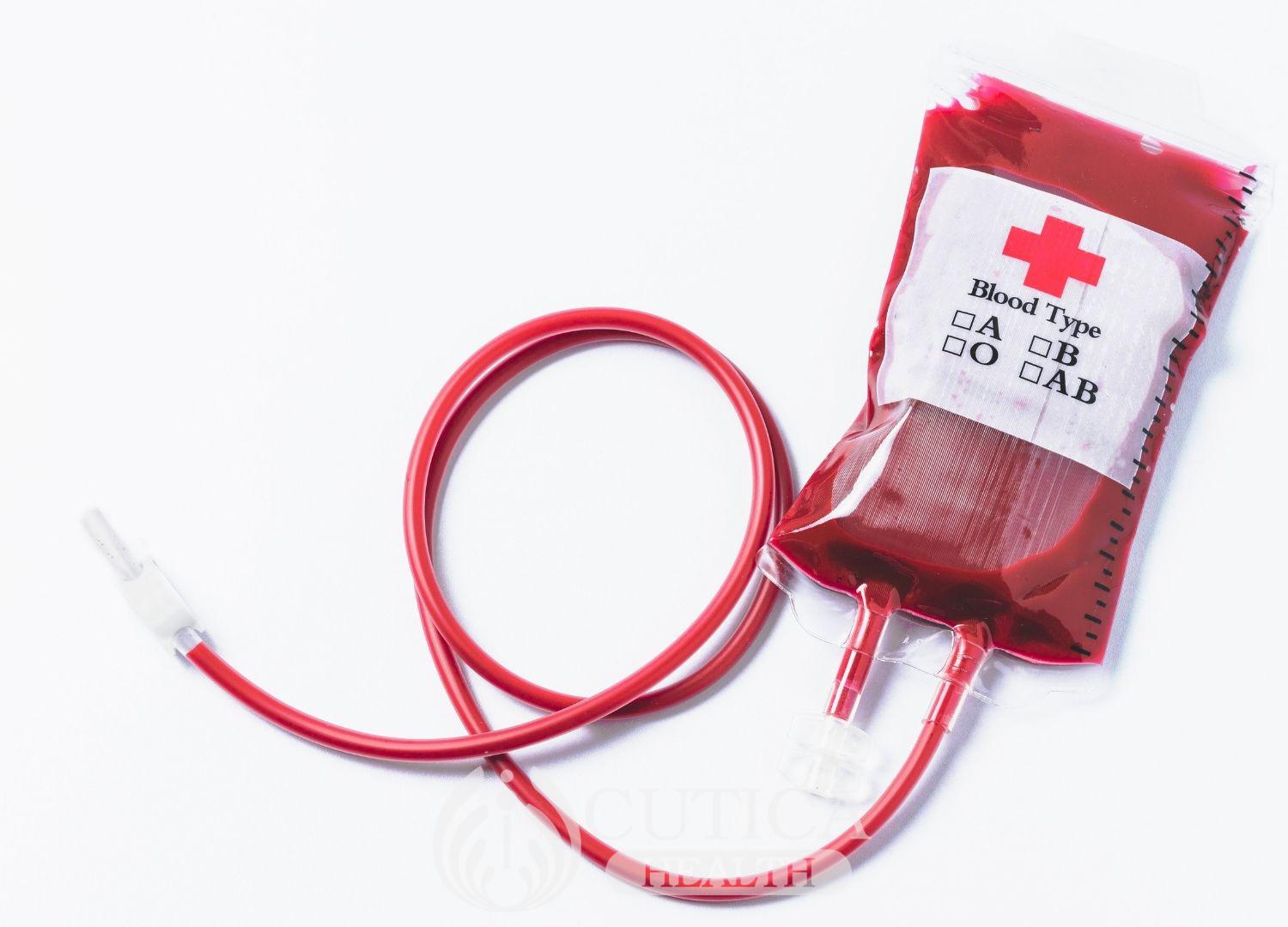
Blood transfusion is a common procedure in which donated blood or blood components are given to a person through their veins. This procedure is often necessary when the recipient has low blood level that may compromise organ function. The blood transfused is usually from anonymous donors who are unpaid or directly from loved ones. Blood is transfused when a person is in need of blood or blood products.

Blood transfusion has a lot of health benefits even though it is fraught with the possibility of complications. It’s important to note that health workers are aware of the various complications of blood transfusion and institute measures to prevent and treat these complications if they occur.
So what are the benefits of blood transfusion?

- Adequate oxygenation: Red blood cells, a component of blood, carry oxygen through your body to your heart and brain. Adequate oxygen is very important to maintain life. So blood transfusion supplies red blood cells to improve the oxygen carrying capacity of the blood and thus help keep the person alive.
- Bleeding control: Sometimes, the reason for transfusing is because of blood loss or abnormal bleeding. If you are bleeding heavily from an injury or a surgical procedure, blood transfusion would help to correct this and keep your blood volume optimal for the body.
- Keeps the heart pumping: When the volume of blood is low, it may affect how well your heart works. Blood transfusion supplies the much needed blood volume and help keep the heart pumping.
- Bone marrow failure: In some conditions, including blood cancers or disease that cause damage to the bone marrow, where blood cells are produced from, blood cells may become depleted, and this could be life-threatening. Blood transfusion helps to restore these depleted components to ensure optimal function.
- Blood infections: In very select cases of infections, blood transfusion can help with serious blood infections when other methods fail. White blood cell transfusions, for example, will provide the much needed immune cells to help fight the infections in certain cases.
What are the complications that could result from blood transfusion?

- Symptoms that occur during or following blood transfusion are called blood transfusion reactions, and these could range from mild to severe. Some blood transfusion reactions include fever and chills, dizziness, shortness of breath, itching, low body temperature, back pain, and low blood pressure.
- Acute haemolytic reactions: This is usually due to blood incompatibility. If the blood group of the blood recipient is not compatible with that of the donor, a serious reaction could occur that could be life-threatening.
- Simple allergic reactions: This happens when the blood of the recipient is hypersensitive to the proteins in the donor’s blood. It is evidenced by itching mostly.
- Anaphylactic reactions: This is a severe form of a simple allergic reaction which is life threatening.
- Infections: Blood-borne infections include HIV, Hepatitis B, and Hepatitis C. Often, before blood transfusions are done; the blood to be transfused is screened to ensure these blood-borne viruses are not contained in them.

In summary, despite the complications that can result from blood transfusion, it is a life saving procedure and is an essential, life-saving procedure for a wide range of conditions.












